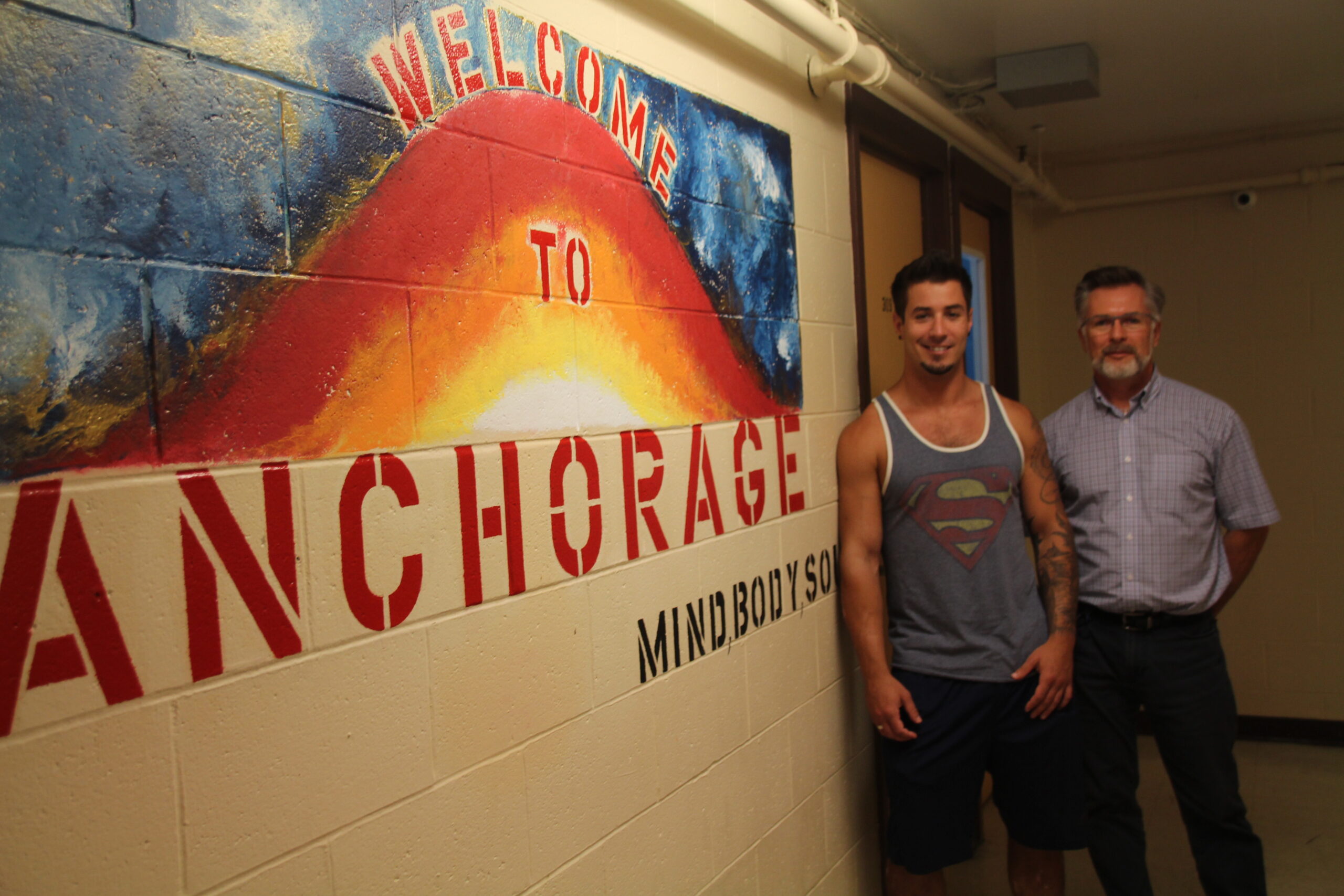A Second Career for Paul Surette Has Meant Restoration for Many

When asked about what led Paul Surette, Anchorage Addictions Program Supervisor to the Centre of Hope in Halifax, he says, “As I studied for my new career, I felt at that time, the last thing I wanted to do was work in addictions.” While this may have been the case, Paul’s enthusiasm for the program and its clients clearly comes across when he talks about its success.
Paul explains how he decided to get into this line of work, “I could always walk into a room and have three or four people tell me their stories. I listened intently and soon realized that counselling may be the right fit for me.” So when he heard about Success College’s Human Services Counselling program, Paul quickly applied, was accepted and received financial assistance within two weeks of applying, which he believes confirmed God’s plan for him.
Paul shares a number of proud moments at Anchorage Addictions supporting several men through their substance use treatment and recovery to a restored life. Most recently, the program was chosen as a pilot project to align with the Community Reinforcement Approach (CRA). The CRA, a treatment model which uses a variety of proven therapies is a client-centered approach for substance use and treatment, “replacing the short-term positive effects of using with the long-term positive effects of a life of sobriety.” This requires a directive, energetic and engaging counsellor to support individuals through their personal recovery plan, establishing personal goals and putting their plan into action. Paul is well suited to this job description.
“By involving the individual in the development of their own personal recovery plan and holding them accountable for reaching their goals, a sense of ownership is established to help them strive to achieve their desired results,” says Paul. CRA also involves establishing community supports for individuals in the program so that they can successfully transition into the community as they establish the supports they need to reach their sobriety goals.
Paul recently represented The Salvation Army, Success College and his Metis heritage during National Aboriginal Day in the Halifax Commons. He interacted with potential clients, talking about programs and services, encouraging them to seek support from The Salvation Army. His Metis background played a role in carrying on the weekly smudging ceremony with the men in the addictions program. This involves a cleansing ritual where smouldering sweet grass or sage is passed over the person’s body as a form of purification; people then pass around an eagle feather among themselves offering praises for their week. Prayer mats and other items are also available to ensure everyone feels comfortable practicing their faith.
“My primary goal is to help and support people; there’s nothing that makes me more motivated to go to work than to help someone succeed.” He adds, “I’m always rewarded by being permitted by our clients to be part of their story.”
Cory Browner is one of 12 men currently in the program whose story would not be nearly as celebratory without the support he has received from Paul and The Salvation Army. He says, “Living with bipolar disorder, I found myself depressed and suicidal. After being hospitalized and finally getting diagnosed, I found the program online and moved here from Cape Breton to be a part of it.”
After completing the program and receiving tremendous support and encouragement, Cory is heading to the Nova Scotia Community College this fall to take the bricklaying masonry program, which is certain to be the first start towards building a promising career for him. To help get him settled and started at school, Cory is receiving housing assistance through The Salvation Army’s partnership with Housing First.
“Before I came here, I couldn’t even smile; I didn’t understand why I felt so sad all the time and why I couldn’t maintain friendships. Today, I am a much more confident person; I still have a lot to work do, but I actually have a life now and have established bonds that will last a lifetime.”
